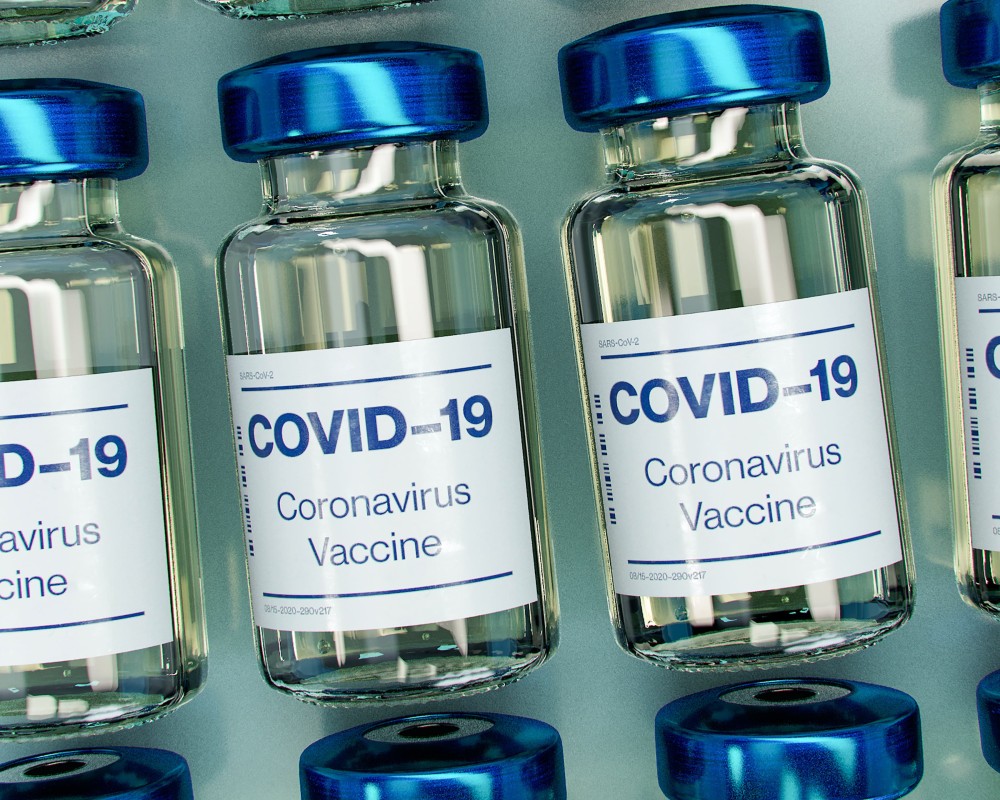Israeli plan to vaccinate all Holocaust survivors draws praise, skepticism

An Israeli government initiative to help vaccinate Holocaust survivors worldwide against COVID-19 is drawing praise for its intentions but also skepticism.
The initiative, announced by Diaspora Affairs Minister Omer Yankelevich on January 12, seeks to vaccinate the estimated 200,000 Holocaust survivors who live outside of Israel. The vast majority of survivors are in their 80s and 90s—the age group most at risk for COVID-19 complications and death.
“It is our collective obligation to safeguard this treasured yet vulnerable population in the spirit of mutual responsibility,” Yankelevich told the Israel Hayom newspaper. “Now is the time for all of us, Jewish institutions and leaders from across the world, to come together in this operation. Together, we can ensure that Holocaust survivors are efficiently vaccinated, wherever they live.”
The Israeli government reportedly came up with the plan after Jewish communities abroad requested its assistance in procuring scarce vaccines for community members. The government denied these requests, fearful its intervention might be construed as interference in the domestic affairs of a foreign country.
Israel has vaccinated a greater share of its population than any other nation, thanks to a well-organized universal health-care system.
It’s predicted that all of the country’s 9.2 million citizens will be fully vaccinated by the end of March, according to Prime Minister Benjamin Netanyahu. More than 70 percent of Israelis 60 and older have already received the first of two doses.
Meanwhile, only a tiny fraction of elderly Americans have been vaccinated.
While Holocaust institutions said Yankelevich’s heart is in the right place, they questioned how the plan could be implemented.
In an interview with the newspaper Haaretz, an unnamed official at the Jewish Agency called the plan “diplomatically disastrous” because it would be a slap in the face to the vaccination efforts of foreign governments.
Colette Avital, chair of the Center Organizations of Holocaust Survivors in Israel, an umbrella group of 56 Holocaust survivor organizations worldwide, questioned the plan’s feasibility.
“I don’t think the government has the funds for such a huge enterprise, and I don’t think the minister can access” the needed vaccines, she said.
Even reaching the survivors would be difficult, Avital continued, because they live all over the world. “And where would the government find personnel trained to give vaccinations to the elderly?”
As kind a gesture as it is, “I don’t think it’s happening,” Avital concluded. —Religion News Service




